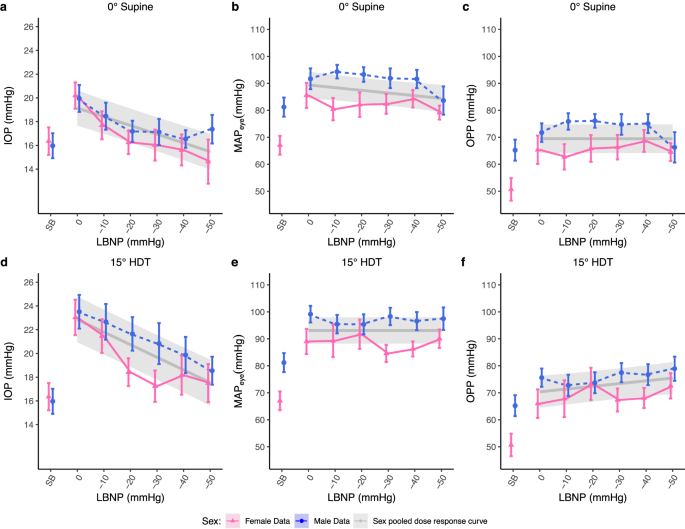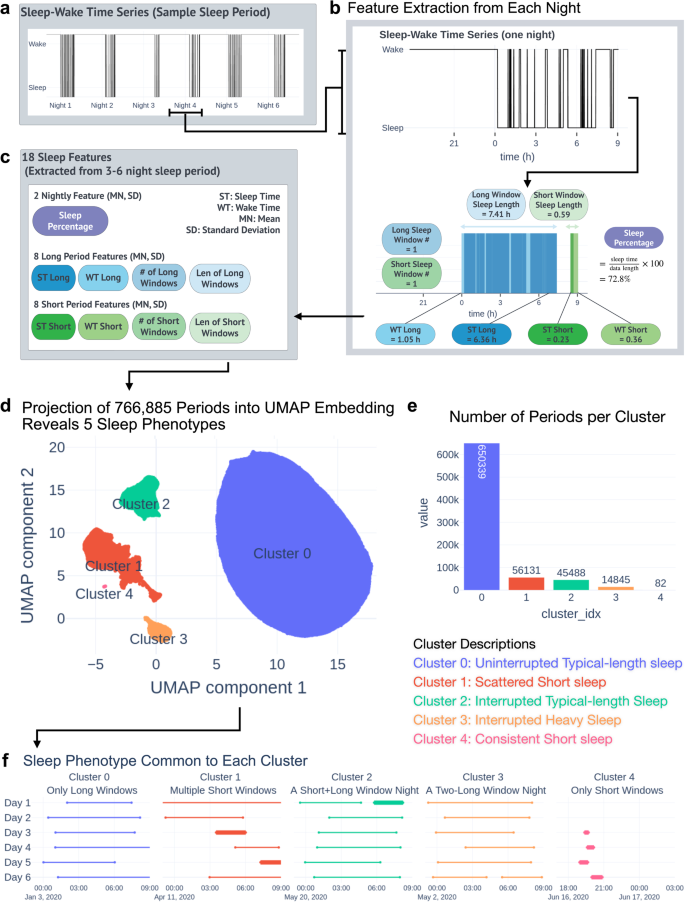2024-06-20 バッファロー大学(UB)

<関連情報>
- https://www.buffalo.edu/news/releases/2024/06/hahn-mass-shootings.html
- https://www.tandfonline.com/doi/abs/10.1080/03637751.2024.2349584
米国における55年間の銃乱射事件の供述を調査: 加害者の供述動機と攻撃の重大性との関連についての研究 Investigating 55 years of mass shooter statements in the United States: A study of perpetrators’ stated motivations and their association with attack severity
Katherine Schiblera,Lindsay Hahn & Adam Lankford
Communication Monographs Published:15 May 2024
DOI:https://doi.org/10.1080/03637751.2024.2349584
ABSTRACT
Mass shootings are a prevalent and terrible problem in the U.S. As a foundation for communication-focused research into the media-related causes and effects of mass shooters’ stated grievances, and guided by the model of intuitive-morality and exemplars (MIME), we content-analyzed N = 178 statements from 119 U.S. perpetrators who committed mass shootings between 1966 and 2021 to identify the motivations they communicated for their attacks. Findings revealed that mass shooters who communicated any motivation – possibly indicative of their rationalizations – killed and injured more people than those who did not communicate their motivation(s). Overall, shooters most often described their motivations as driven by power and relatedness concerns. Those who expressed ingroup-loyalty and relatedness motivations injured the most people, while power-motivated shooters injured the fewest.


